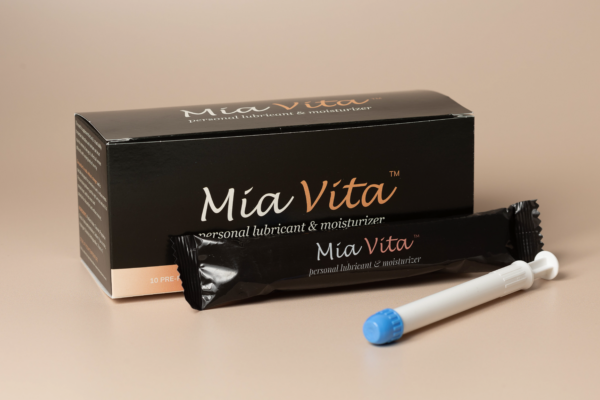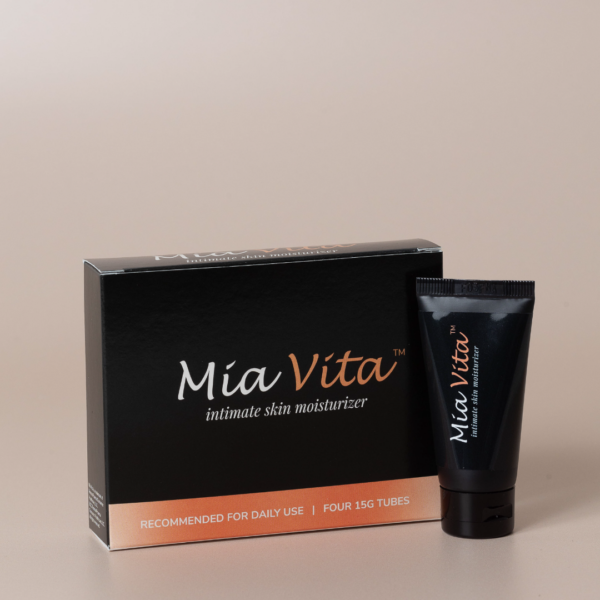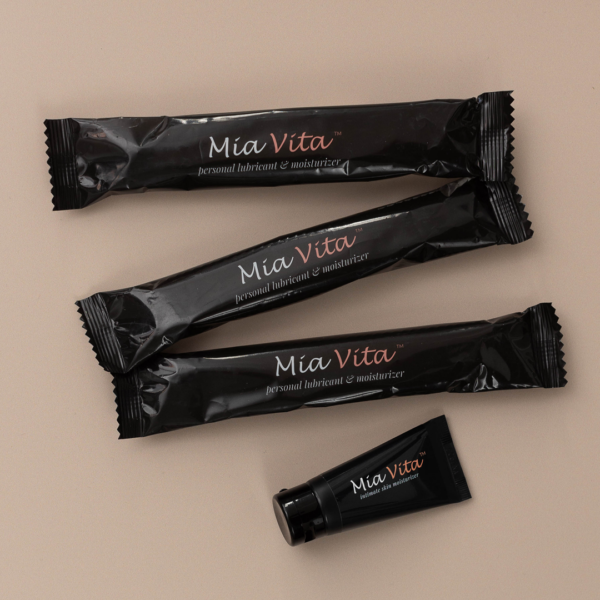
We often don’t think about how important caring for our vaginal and vulva health really is until something doesn’t quite feel right ‘down there’. To have a happy, healthy vagina and vulva at all ages, simply follow basic hygiene practices and live a safe and healthy lifestyle!
Continue reading to learn the best ways to take care of your vagina and vulva.
Prepuberty
In babies, irritation or infection of the vulva and vagina can arise from not changing diapers frequently enough and from baby’s curious, exploring hands. Always wipe front to back to prevent transferring fecal bacteria to the vagina. Teach this technique to your daughter early in the toilet training process. To instill body positivity and self-respect always use proper anatomical names rather than nicknames for body parts. When graduating to underwear, choose 100% cotton for superior moisture absorption.
Sensitive young skin can easily react to perfumes, colorants, and other unnecessary chemicals in soaps and lotions. Irritation can cause inflammation and genital itching, a condition known as vulvovaginitis. To avoid this, use natural, unscented, and dye-free bath products. During bath time, as the last step, have your toddler stand so that you can wash her vulva with water; no soap. If symptoms of vulvovaginitis occur and persist for more than 3 days after removing potential irritants or if symptoms recur frequently, see your pediatrician.
Puberty and vaginal and vulva care
Basic hygiene practices, including regular bathing or showering, wiping front to back, and wearing breathable, natural-fiber underwear and loose clothing, are all that is needed to keep the vulva and vagina healthy.
Starting with the onset of puberty the vagina develops its own self-cleaning method by virtue of a normal fluid discharge. The amount varies day-to-day as hormone levels fluctuate. Normal vaginal discharge has a mild odor; however, foods such as spices, garlic, and onions can affect vaginal odor.
Any changes to the normal discharge may indicate a vaginal infection. These may include a foamy or clumpy appearance or a strong or unusual odor. Symptoms may be accompanied by itchiness and should be checked by a doctor.
Girls who are learning to use tampons should be aware of the importance of changing tampons frequently and avoid using high-absorbency tampons on low-flow days to prevent toxic shock syndrome (TSS), a rapidly developing infection that can be fatal or cause irreparable harm.
Scented feminine hygiene products can cause irritation and are best avoided. Similarly, douching is advised against as it can upset the balance of healthy bacteria, increasing the risk of infection.
Reproductive years
While the same hygiene practices we teach young girls pertain throughout the reproductive years, due to hormonal fluctuations, sexual activity, and other health and lifestyle factors, vaginal infections are a common occurrence in this stage of life, all of which underscores the importance of practicing safe sex and maintaining attention to healthy hygiene habits and preventative self-care practices.
Around 75% of women will experience a yeast infection at one time or another. Antibiotics and use of birth control pills are major contributing factors, leading to the all-too-familiar symptoms of itching, burning, and thick white discharge. Antifungal medication can treat an acute infection but managing risk factors and nurturing a robust immune system and microbiome with a healthy diet, maintaining healthy weight and blood sugar levels, and regular exercise will improve your ability to fend off future infections.
Bacterial vaginosis, another common vaginal infection, affects about 35% of reproductive age women, and the majority of infections show no symptoms. Being sexually active, not using condoms, having multiple sex partners, using douches, and antibiotic use all increase the risk.
Caring for the vagina and vulva in menopause
Waning estrogen levels in the menopausal years cause the vagina to thin, the vulva loses its plumpness, and vaginal secretions decline, making the vagina and vulva more susceptible to irritation, infection, and small tears, such as during sex. Over-the-counter personal lubricants and vulvar/ vaginal moisturizers provide a non-hormonal option that should be used regularly and are an integral part of care for the vulva and vagina. It may also make sex more enjoyable.
Pelvic organ prolapse after pregnancies can also affect the vagina. This can become more pronounced in your older years as muscle tone decreases, leading to symptoms like pain with intercourse. Pelvic floor strengthening exercises can improve muscle tone and reduce symptoms.
On the positive side, yeast infections are less common after menopause. However, the use of certain drugs, such as tamoxifen, hormone replacement therapy, and diabetes medications, can increase you risk. If you’re prescribed one of these medications and experiencing yeast infections, your doctor can advise you on management options.
STIs have been increasing at a faster rate in older women, who tend to eschew condom use since there’s no potential for pregnancy. Effective prevention means having safe sex at every age.
Finally, any vaginal bleeding or spotting after menopause is cause for alarm and should be checked by your gynecologist.
FemmePharma has been helping women navigate menopause for over two decades. No matter where you are in your journey, you deserve to have knowledgeable, intimate healthcare partners to help you feel your best. Explore our other articles, podcast episodes with women’s health experts, and products to ease your transition into menopause.


